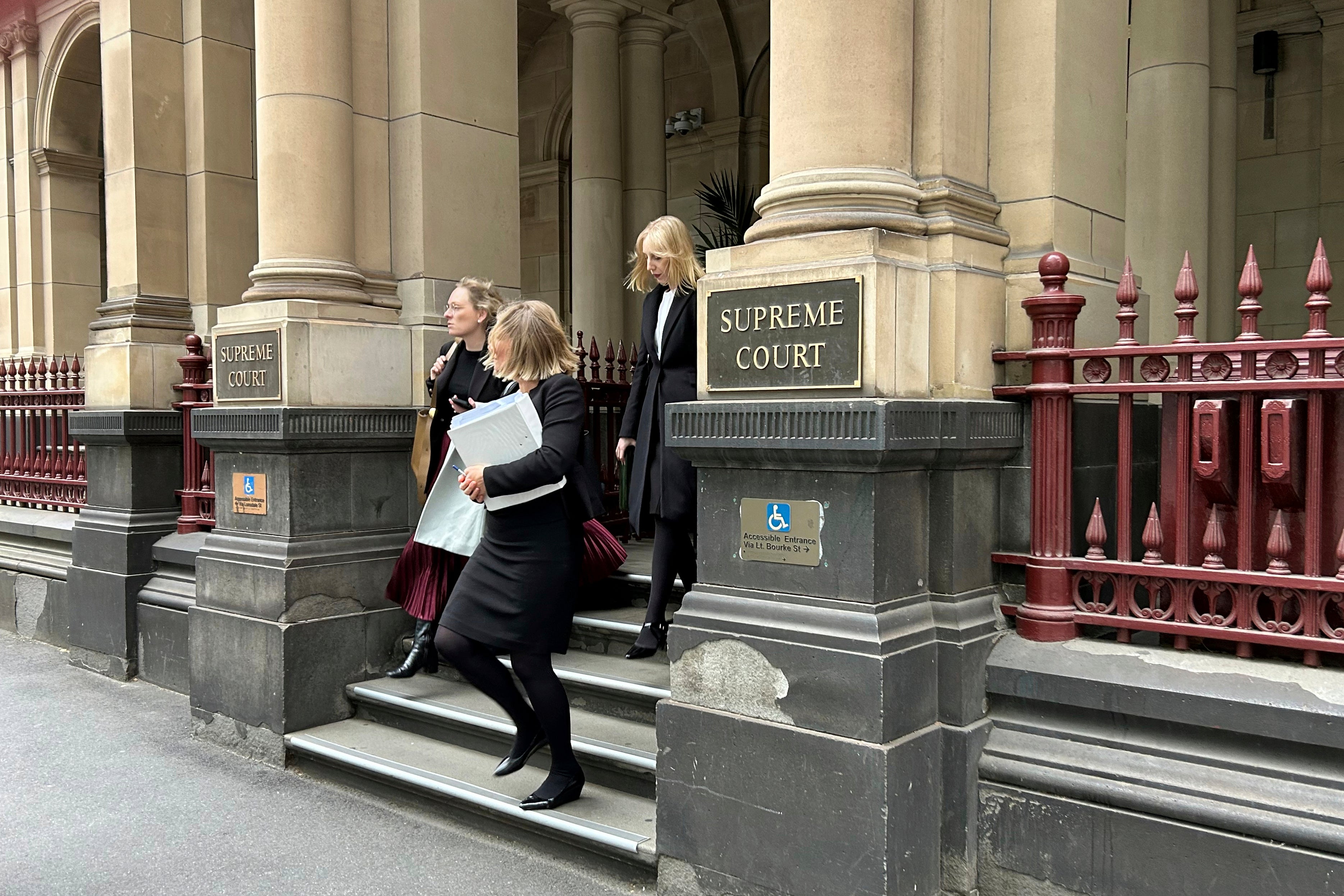
A senior Australian lawyer has issued an apology to a judge after court submissions in a murder case were found to contain fake quotes and non-existent legal judgments generated by artificial intelligence. The significant error occurred in the Supreme Court of Victoria, adding to a growing list of AI-related blunders impacting justice systems globally.
Rishi Nathwani, a defence lawyer holding the prestigious title of King’s Counsel, accepted "full responsibility" for the incorrect information submitted in the case involving a teenager charged with murder. Court documents, reviewed by The Associated Press on Friday, detailed the admission.
Addressing Justice James Elliott on Wednesday, Mr Nathwani stated on behalf of the defence team: "We are deeply sorry and embarrassed for what occurred."
The AI-generated errors caused a 24-hour delay in resolving a case that Elliott had hoped to conclude on Wednesday. Elliott ruled on Thursday that Nathwani’s client, who cannot be identified because he is a minor, was not guilty of murder because of mental impairment.
“At the risk of understatement, the manner in which these events have unfolded is unsatisfactory,” Elliott told lawyers on Thursday.
“The ability of the court to rely upon the accuracy of submissions made by counsel is fundamental to the due administration of justice,” Elliott added.

The fake submissions included fabricated quotes from a speech to the state legislature and non-existent case citations purportedly from the Supreme Court.
The errors were discovered by Elliott’s associates, who couldn’t find the cases and requested that defense lawyers provide copies.
The lawyers admitted the citations “do not exist” and that the submission contained “fictitious quotes,” court documents say.
The lawyers explained they checked that the initial citations were accurate and wrongly assumed the others would also be correct.
The submissions were also sent to prosecutor Daniel Porceddu, who didn’t check their accuracy.
The judge noted that the Supreme Court released guidelines last year for how lawyers use AI.
“It is not acceptable for artificial intelligence to be used unless the product of that use is independently and thoroughly verified,” Elliott said.

The court documents do not identify the generative artificial intelligence system used by the lawyers.
In a comparable case in the United States in 2023, a federal judge imposed $5,000 fines on two lawyers and a law firm after ChatGPT was blamed for their submission of fictitious legal research in an aviation injury claim.
Judge P. Kevin Castel said they acted in bad faith. But he credited their apologies and remedial steps taken in explaining why harsher sanctions were not necessary to ensure they or others won’t again let artificial intelligence tools prompt them to produce fake legal history in their arguments.
Later that year, more fictitious court rulings invented by AI were cited in legal papers filed by lawyers for Michael Cohen, a former personal lawyer for U.S. President Donald Trump. Cohen took the blame, saying he didn’t realize that the Google tool he was using for legal research was also capable of so-called AI hallucinations.
Ukraine cause akin to Second World War Allies, Starmer says before Alaska talks
Putin praises ‘heroic’ North Korean troops fighting in Ukraine in Kim Jong-un letter
Australian lawyer apologizes for AI-generated errors in murder case
On India's Independence Day, Modi vows to punish Pakistan for future attacks
New Zealand mother and her 6-year-old son detained by ICE at US-Canada border
New Zealand MP ejected from Parliament again over Gaza comments







